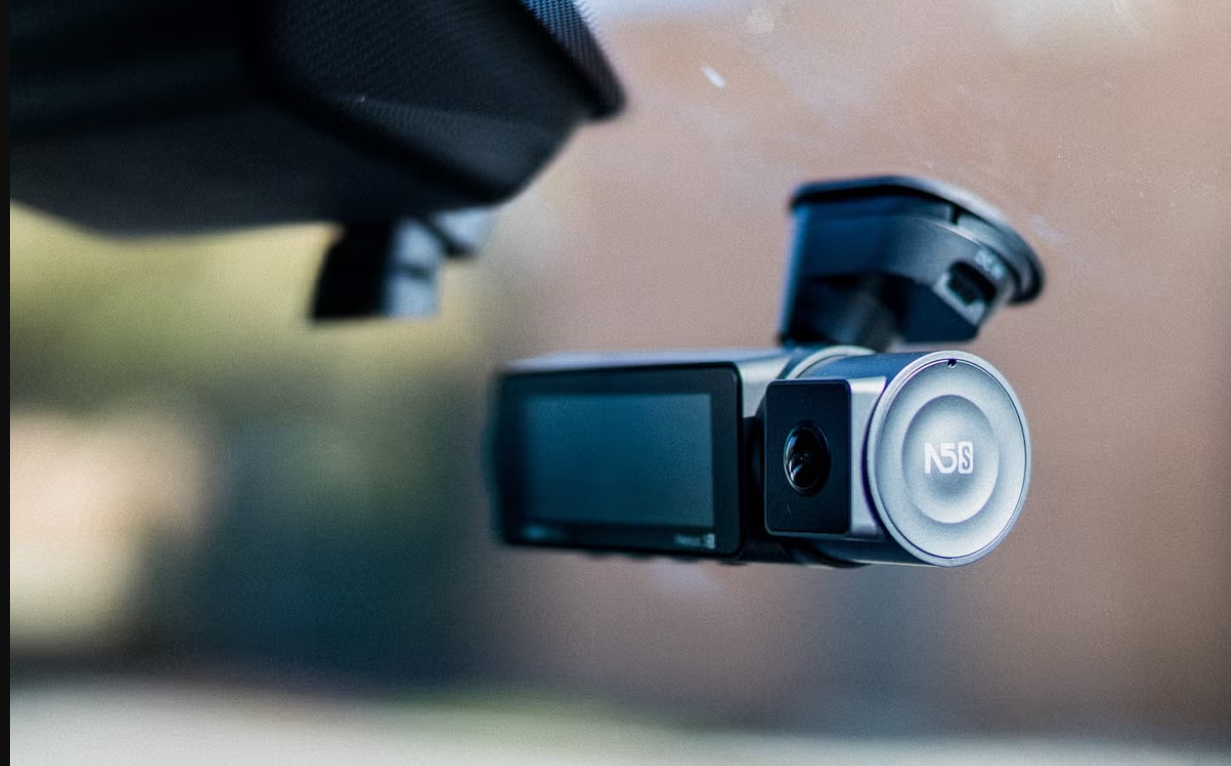DIY HEALTH: MORE AMERICANS TURN TO SELF-TESTS AND AI TO FILL CARE GAPS

Why self-care tools are rising
Long waits for appointments and widening primary-care shortages are pushing more people toward do-it-yourself health solutions, from at-home lab kits to AI chatbots and remote monitoring. Consumers report convenience and faster answers, while clinicians caution that tests and algorithms must be used with context and follow-up. Retail clinics and telehealth platforms are merchandising bundles that pair wearables, home diagnostics and subscription coaching—promising early detection and behavior change without clinic visits.
Risks, regulation and the next phase
Experts warn of false reassurance and anxiety from unverified results. Regulators are scrutinizing claims, data privacy and how AI triage tools steer users. Health systems, meanwhile, are piloting ways to ingest patient-generated data into electronic records to catch trends between visits. Insurers are experimenting with reimbursements for proven tools. Analysts expect a shakeout as standards tighten, leaving room for products that integrate securely with care teams and demonstrate real-world outcomes.






















